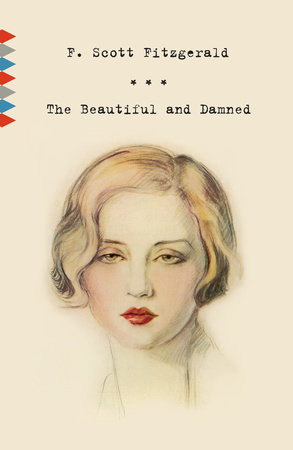The Beautiful and Damned Reader’s Guide
By F. Scott Fitzgerald


1. Critics have drawn attention to the book’s heavily autobiographical element. How does this presumed emotional investment inform the novel, in your opinion? Hortense Calisher suggests in her introduction that when Fitzgerald “cuts himself, you will bleed.” Discuss this remark in light of the novel.
2. The critic Henry Canby said that “from one point of view The Beautiful and Damned is not so much a novel as an irresponsible social document.” What do you think of this statement? Discuss.
3. Do you consider The Beautiful and Damned to be a tragedy? Does it succeed as such? Why or why not? What are the specific weaknesses in Anthony and Gloria that cause their demise? Is their suffering warranted? Is their reaction to their plight realistic, in your opinion?
4. In describing the novel to his publisher, Fitzgerald wrote that Anthony Patch “is one of those many with the tastes and weaknesses of an artist but with no actual creative inspiration.” Do you agree with this assessment? How does this description inform your understanding of the novel? Why might this kind of figure interest Fitzgerald?
5. How does Fitzgerald portray marriage in the novel? What elements make a successful marriage? Which contribute to an unsuccessful marriage? How do Gloria and Anthony emulate and diverge from this model? Which of the two characters, in your opinion, gains more of Fitzgerald’s sympathy? Why?
6. How would you characterize the novel’s specific morality? Calisher mentions a line attributed to Gloria halfway through the novel, “that it is the manner of life seldom to strike but always to wear away.” Discuss this in the novel’s context. Does Fitzgerald’s story have a moral, in your opinion?
7. Fitzgerald was part of a group of writers commonly known and referred to as the “lost generation.” What do you think this means? How does The Beautiful and Damned speak to this, if at all?
Just for joining you’ll get personalized recommendations on your dashboard daily and features only for members.
Find Out More Join Now Sign In